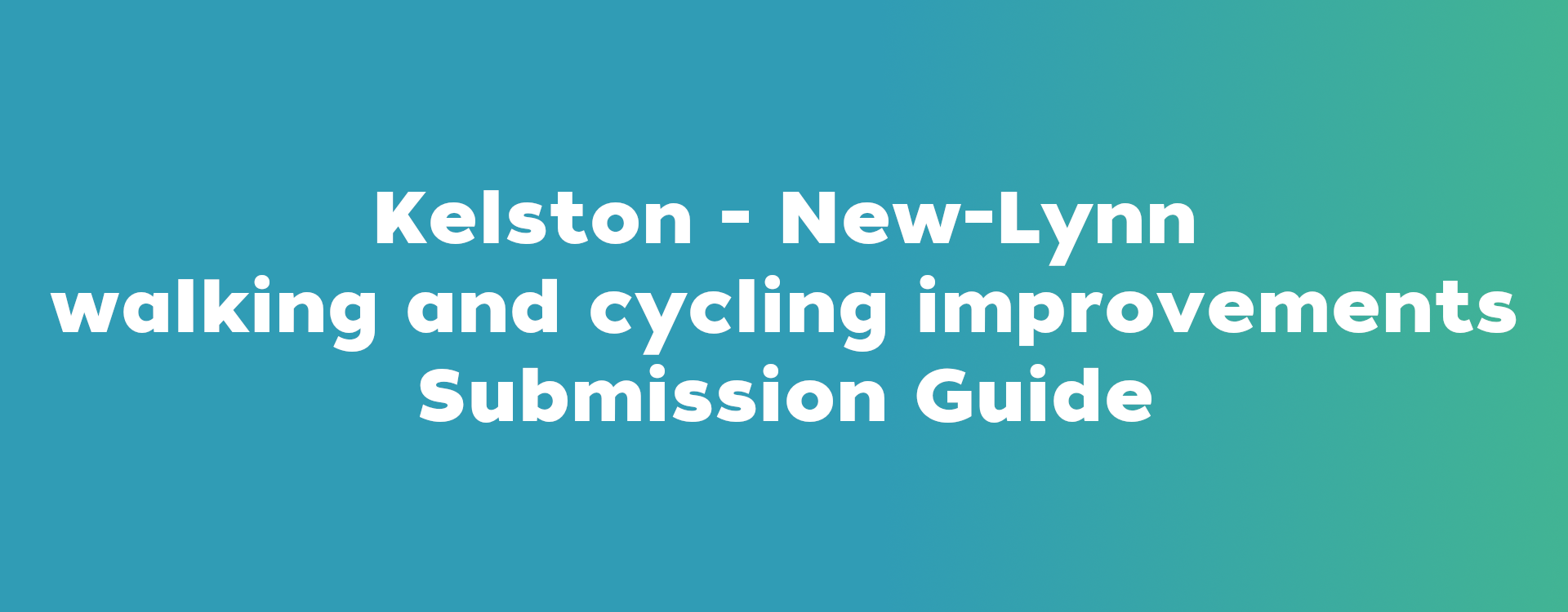There have been many descriptions of the government’s plan for meeting New Zealand’s climate change commitments. “Ambitious” is not one of them. The Emissions Reduction Plan walks back the previous government’s ambitions, relies on a touching faith in the private sector and in tree-planting and unproven technologies, and is projected to fall short of our pledges to the international community under the Paris Agreement.
That shortfall is expected to be met by buying carbon offsets at an estimated cost of up to $24 billion.
So, a suggestion: why not make a dent in our carbon emissions and save the taxpayer some of that money by tapping a proven technology, one that is cheap and readily available right now?
It’s the bicycle, and it’s amongst the very best climate investments we can make, personally and at a national level.
Investing in cycling can seem a bit foreign to a nation with the highest car-ownership rates in the world but there’s a compelling argument for it.

NZ’s first Emissions Reductions Monitoring Report, published by the Climate Change Commission, makes the case. It says international research has shown that “biking networks and smart public transport upgrades yield high rates of decarbonisation on a per-dollar-expended basis, by supporting a shift to these lower emissions modes. This is compared to highway spend that induces demand for private vehicle use and creates higher emissions.”
There’s no shortage of data about this. Oxford University research, for example, tells us that choosing a bicycle over a car once a day can reduce our individual carbon footprint by half a tonne of CO2 per annum.
Those bike trips don’t have to be long, either. A third of car journeys in this country are two kilometres or less. The Energy Efficiency & Conservation Authority says Kiwis make more than a billion of these short car trips every year and that if every household avoided two of them each week, we’d save 100,000 tonnes of emissions annually.
Cycling comes with a host of other benefits. It’s cheap, it reduces congestion, traffic noise and local pollution, and it does double duty as an easily accessible form of exercise with long-term benefits for individuals and the public health system. All up, according to a 2018 study from the Victoria University of Wellington, cycling returns $11 in carbon reductions and health and other benefits for every dollar invested.
All this from a humble technology that can be bought second-hand for less than the price of a replacement tyre for an SUV, can be parked almost anywhere, costs small change to service, requires no licence to operate, and can already be operated by more than eight out of 10 Kiwis.

This logic is well understood by major destinations including London, New York, Vancouver, Amsterdam, Copenhagen and, most recently, Paris, which have invested heavily in cycling infrastructure and are reaping the rewards. Earlier this year the European Union adopted the European Declaration on Cycling, which describes cycling as one of the most sustainable, healthy and efficient forms of transport and commits the bloc to significantly increasing safe and coherent cycling infrastructure across Europe.
It’s striking, then, that our current government’s climate plan finds no role for walking and cycling and its recent 10-year transport budget has gutted funding for active transport modes. In this, we are not only now well outside the mainstream, we’re turning our backs on a form of transport with long-run benefits for cyclists and non-cyclists alike. Our call is simple: Let’s find some ambition, get on our bikes and do our share to challenge climate change.
Karen Hormann is Chair of Bike Auckland.




